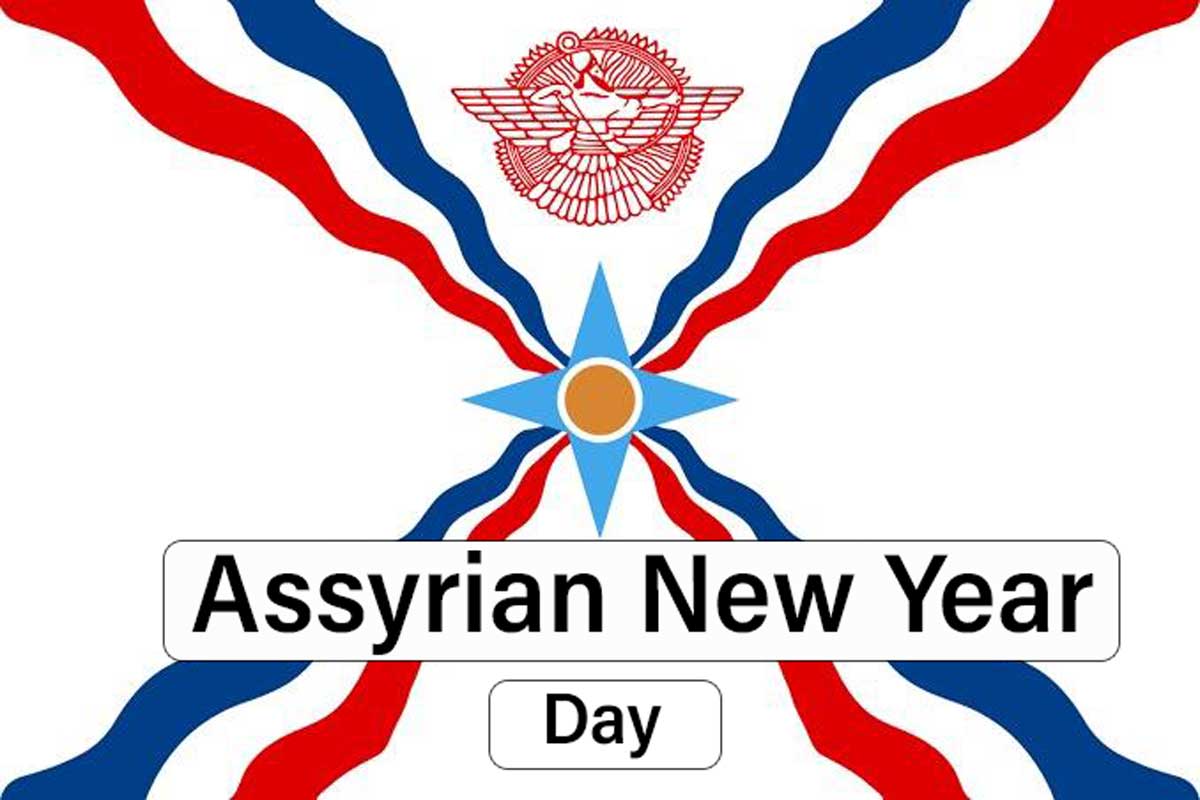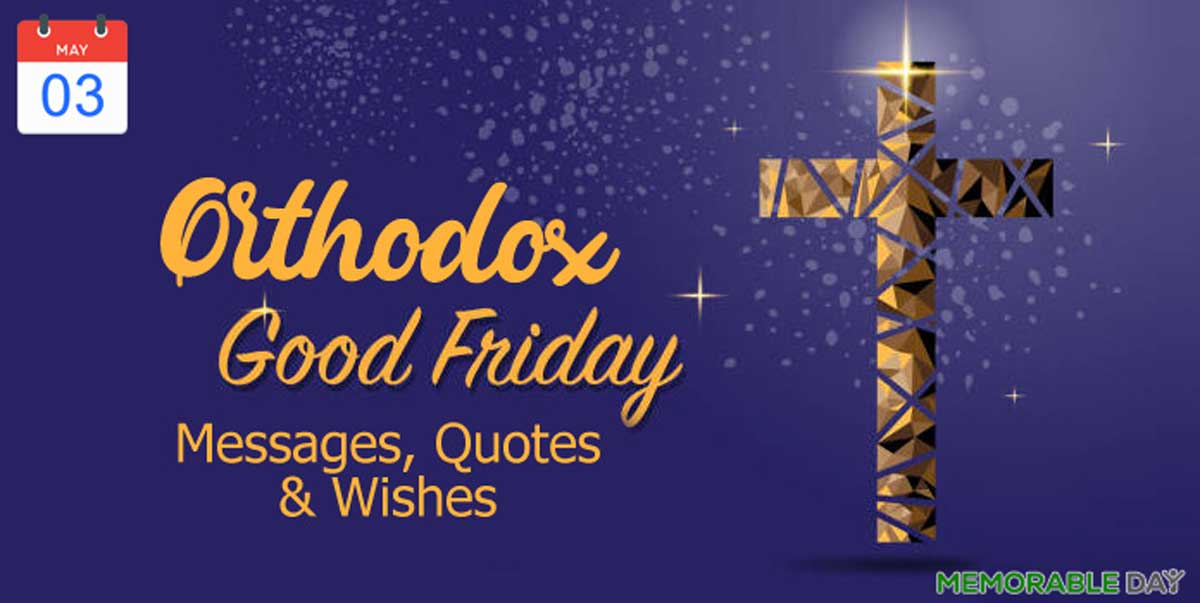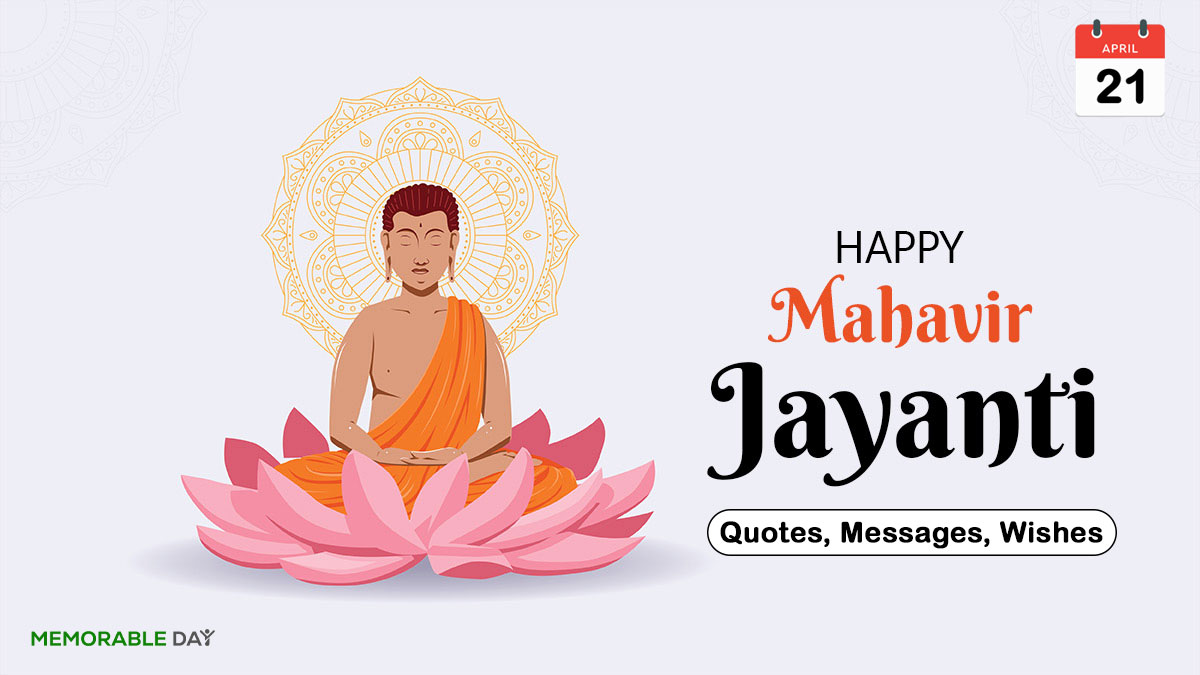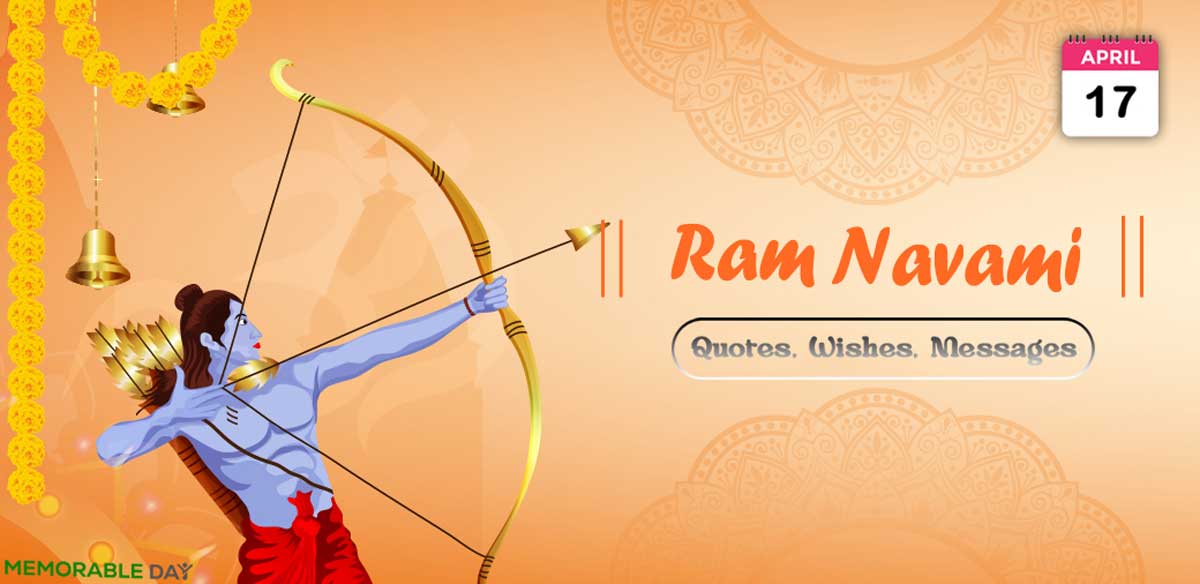First of all, I will discuss Laylatul Qadr Quotes, Messages, Wishes, Dua! . As the holy month of Ramadan deepens, Muslims around the world prepare for Shab-e-Qadr, also known as the Night of Power, Night of Decree, or Laylatul Qadr. This special night holds immense significance, believed to be the night when the first verses of the Quran were revealed to Prophet Muhammad (PBUH). It’s a night steeped in blessings, mercy, and forgiveness, offering an opportunity for spiritual growth and renewal.
Every year ramadan month of Laylatul Qadr. On this day we pray and pray for Allah. So that , Wishes your Friend and family Laylatul Qadr Quotes, greetings and Messages to share.
History of Laylatul Qadr
Laylatul Qadr, the Night of Power, marks a pivotal moment in Islamic history, commemorating the first verses of the Quran’s descent to Prophet Muhammad (PBUH). While the exact date remains unknown, its historical significance resonates through generations, shaping Islamic practices and beliefs.
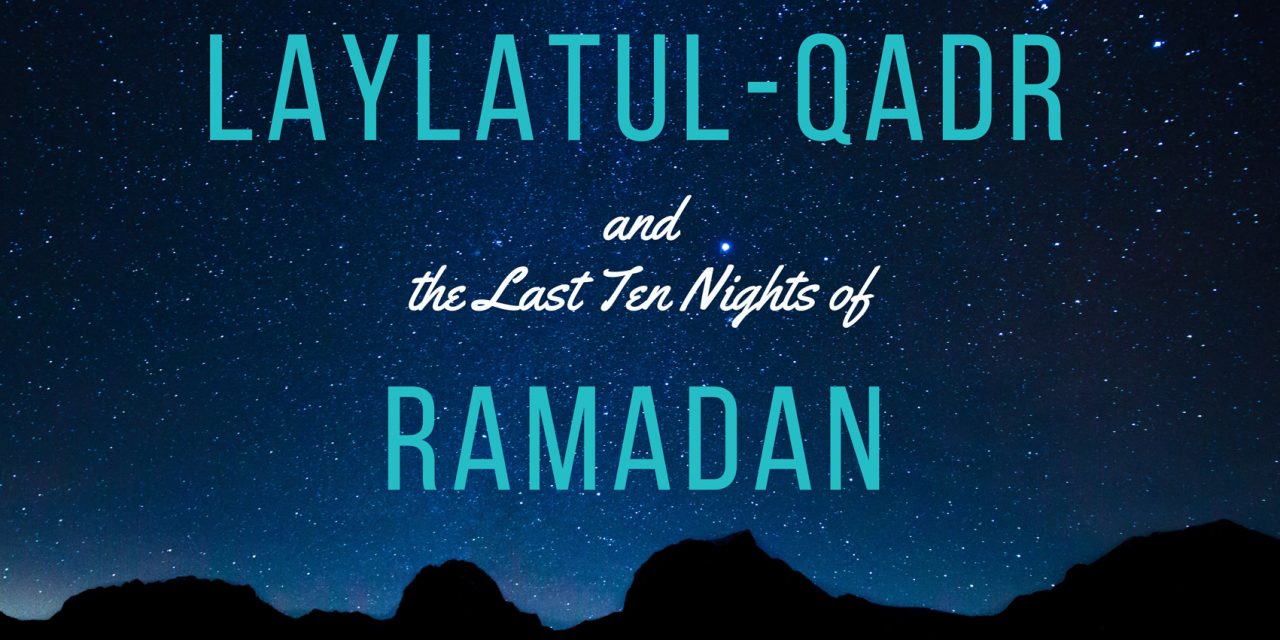
From Cave Hira to Delivering Divine Message:
- The Setting: In 610 CE, during the month of Ramadan, Prophet Muhammad (PBUH) sought solace in the cave of Hira on Mount Hira near Mecca. It was here, during one of these secluded retreats, that he encountered the Angel Gabriel.
- The Revelation: Gabriel, identified as an emissary of Allah (SWT), recited the first verses of Surah Al-Alaq, marking the beginning of the Quran’s revelation. This monumental event transformed Muhammad (PBUH), laying the foundation for Islam.
- Uncertainty and Significance: While the specific date of this first revelation remains unknown, Muslims believe it occurred during the last ten odd-numbered nights of Ramadan. This “Night of Power” holds immense significance, being described in the Quran as “better than a thousand months” (97:3).
Early Islamic Understandings and Traditions:
- Prophethood and Guidance: The Quran serves as a divine message and guidance for humanity, outlining Islam’s core principles and practices. Laylatul Qadr marks the initiation of this divine communication, solidifying Muhammad’s (PBUH) role as a prophet.
- Seeking Blessings and Forgiveness: Early Muslims recognized the spiritual potency of Laylatul Qadr, dedicating themselves to increased worship, prayer, and reflection. This heightened devotion offered opportunities for spiritual growth, blessings, and seeking forgiveness from Allah (SWT).
- Transmission and Continuity: Through oral traditions and later written accounts, the significance of Laylatul Qadr was passed down through generations. Narrations describing signs of the night and specific observances enriched its historical meaning.
When is Laylatul Qadr
- Sunni Muslims: Traditionally believe Laylatul Qadr falls on one of the odd-numbered nights of the last ten nights of Ramadan. This often leads them to focus on the 27th night of Ramadan.
- Shia Muslims: Primarily focus on the 23rd night of Ramadan, although other odd-numbered nights within the last ten days are also considered possibilities.
Observing Laylatul Qadr:
Regardless of the specific date, it’s recommended to increase your devotion and worship during the entire last ten nights of Ramadan. This can involve:
- Additional prayers (Tahajjud): Many Muslims devote time for night prayers during this period.
- Reciting the Quran: Increase your regular Quran recitation or focus on specific chapters with deeper meaning.
- Dua and Dhikr: Engage in heartfelt supplications and remembrance of Allah (SWT).
- Charitable acts: Increase your charity and good deeds to help others and strengthen community bonds.
- Reflection and repentance: Dedicate time to introspection, seeking forgiveness for shortcomings and striving for spiritual growth.
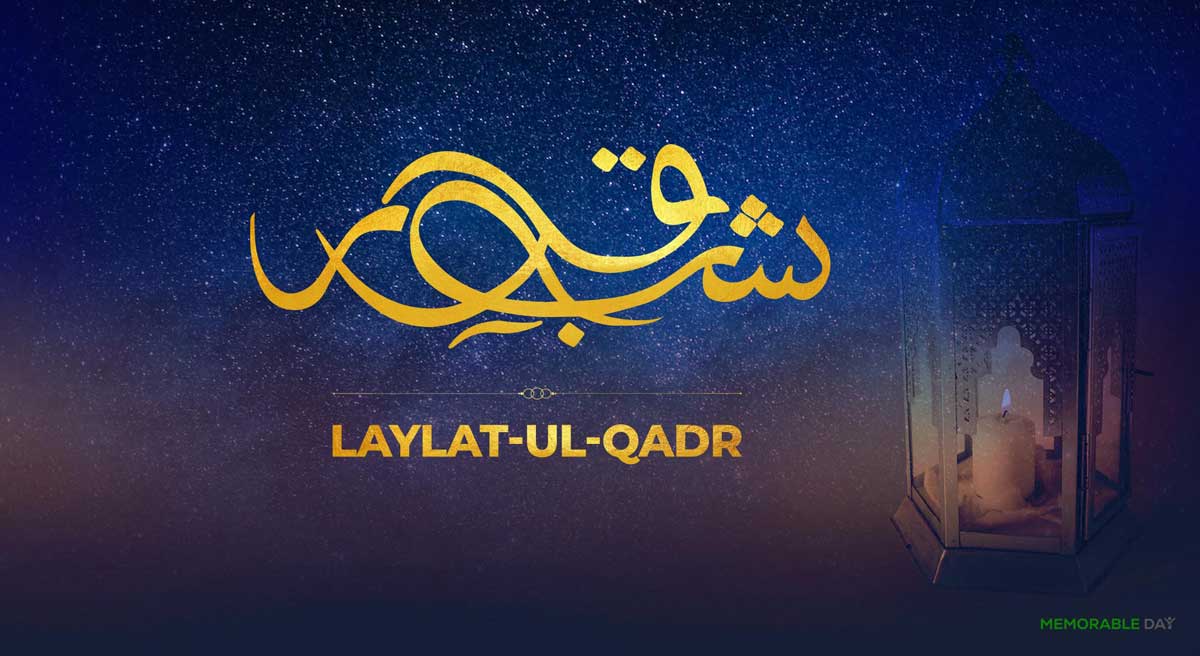
How We Ovserving Laylatul Qadr
The way Muslims observe Laylatul Qadr (Night of Power) varies due to diverse traditions and individual preferences, but generally focuses on increased devotion and worship during the last ten nights of Ramadan. Here are some common practices:
Increased Prayers:
- Tahajjud: Many Muslims perform additional night prayers (Tahajjud) during this period. Some communities hold organized Tahajjud prayers in mosques, while others pray individually or in small groups.
- Taraweeh: Extending Taraweeh prayers in the mosque becomes more common, with some mosques offering recitations of the entire Quran over the last ten nights.
Quran Recitation:
- Increased individual recitation: Muslims recite more Quran on their own, pondering its meanings and seeking spiritual solace.
- Collective recitations: Mosques organize Quran recitation programs (Tilawat) throughout the night, allowing participants to listen and reflect.
Supplications and Remembrance:
- Special duas: Many Muslims recite specific duas mentioned in Hadith, including the famous one taught by Prophet Muhammad (PBUH) to seek forgiveness.
- Dhikr (remembrance of Allah): Engaging in frequent remembrance of Allah through ذکر (dhikr) is emphasized to increase mindfulness and spiritual connection.
Charity and Good Deeds:
- Increased charity: Muslims donate more to charities and help those in need, amplifying the spirit of giving and compassion.
- Community Iftar and Suhoor gatherings: Organizing communal meals fosters social connection and strengthens community bonds.
Seclusion and Retreat:
- Itikaf: Some Muslims practice itikaf, spending all or part of the last ten nights secluded in the mosque for focused worship and reflection.
- Personal retreats: Individuals might utilize time away from distractions for personal prayer, contemplation, and self-reflection.
Community Activities:
- Lectures and gatherings: Mosques hold special lectures and programs exploring the significance of Laylatul Qadr and offering guidance for its observance.
- Night vigils: Some communities organize night vigils with prayers, Quran recitation, and shared meals throughout the night.
Why We Observing Laylatul Qadr
There are several reasons why Muslims observe Laylatul Qadr (the Night of Power):
Religious Significance:
- Commemorate Quran’s Revelation: It marks the night when the first verses of the Quran were revealed to Prophet Muhammad (PBUH). Observing Laylatul Qadr allows Muslims to commemorate this pivotal moment in Islamic history and reflect on the divine nature of the Quran.
- Seek Blessings and Forgiveness: Believed to be a night of exceptional blessings and mercy from Allah (SWT). Muslims strive to maximize their worship and good deeds during this time, seeking forgiveness for sins and multiplying their rewards.
- Spiritual Growth and Transformation: Laylatul Qadr offers a unique opportunity for intense spiritual focus and introspection. Muslims use this time to strengthen their connection with Allah (SWT) through increased prayer, contemplation, and personal reflection.
Personal Benefits:
- Inner Peace and Tranquility: The Quran describes Laylatul Qadr as a night of peace and tranquility (“Peace!… Until the rise of dawn!” – 97:5). Sincere observance can lead to feelings of spiritual calmness and inner peace.
- Renewed Faith and Commitment: Increased devotion during Laylatul Qadr can help revitalize one’s faith and commitment to Islamic principles, motivating positive change and personal growth.
- Strengthen Community Bonds: Observing Laylatul Qadr through communal activities like Taraweeh prayers, night vigils, or charitable projects fosters a sense of belonging and strengthens bonds within the Muslim community.
Laylatul Qadr Quotes
“Laylatul Qadr is a gift from Allah, a chance to wipe clean the slate, a chance to start anew, and a chance to reconnect with our Creator.” (Dr. Yasmin Mogahed) – This quote emphasizes the personal transformative potential of Laylatul Qadr, offering an opportunity for spiritual growth and self-improvement.
“May Laylatul Qadr be a night of blessings, a night of forgiveness, a night of peace, and a night of guidance for all of us.” (A personal prayer) – This personalized quote allows you to express your own hope and aspirations for Laylatul Qadr, making it a meaningful message to share with yourself or others.
“Aisha (may Allah be pleased with her) reported: The Messenger of Allah (peace and blessings of Allah be upon him) used to exert himself in worship during the last ten nights of Ramadan more than at any other time.” (Sahih al-Bukhari) – This Hadith from Prophet Muhammad (PBUH) demonstrates the importance he placed on Laylatul Qadr by intensifying his own worship during this period.
“Whoever prays during Laylatul Qadr with faith and seeking reward, will be forgiven all their previous sins.” (Sahih al-Tirmidhi) – This Hadith offers a powerful incentive for Muslims to strive for sincere worship during Laylatul Qadr, as it promises forgiveness for past sins.
“The night of Laylatul Qadr is a night of seeking forgiveness, a night of mercy, a night of blessings, a night of liberation, a night of security, a night of peace, a night of honor, a night of dignity, a night of excellence, a night of reward, a night of decree, a night of supplication, and a night of standing (in prayer).” (Imam Ali ibn Abi Talib) – This quote from Imam Ali beautifully encapsulates the multitude of blessings and spiritual opportunities associated with Laylatul Qadr.
“Laylatul Qadr is a night when the doors of heaven are opened, the earth is illuminated, and the angels descend with blessings and mercy.” (Imam Ja’far al-Sadiq) – This quote emphasizes the celestial presence and divine grace bestowed upon Laylatul Qadr, creating a unique opportunity for spiritual connection.
“Laylatul Qadr is a night of hope, a night of mercy, a night of forgiveness, a night of blessings, a night of renewal, a night of guidance, a night of peace, and a night of joy.” (Shaykh Muhammad bin Yahya al-Ninowy) – This quote highlights the positive emotions and spiritual renewal associated with Laylatul Qadr, offering an uplifting perspective on this sacred night.
Laylatul Qadr Wishes
Pray to Allah the Almighty that this night brings good for everyone in the community and those who we deeply love. Laylat al-Qadr Mubarak.
On this special night, may Allah purify our intentions and accept us. May He put us in his book of those released from hellfire. Shab-e-Qadr 2024 Mubarak!
This is a night that is better than a thousand nights. This is the time when we got our exodus. It’s the night God saved us from the craws of the evil one and purified for the heavenly welcome. Have a blessed night. Shab-e-Qadr 2024 Mubarak!
Today’s the Night of Power when Allah will dine with us. I wish that he will be there for you. I wish that Allah will protect your family and give everyone what they have long in life. Laylat Al-Qadr 2024 Mubarak!
Shab-e-Qadr is a good time to review our hearts and repent of all our sins. Allah is there to listen to us and grant us forgiveness. Laylat Al-Qadr 2024 Mubarak!
I pray that may Allah accepts your dua, protects your family, and relieves your stress on this special night. Have a blessed time and tons of Shab e Qadr wishes!
Let this graceful month enlighten all our darkness, wash away our sorrows, and ease our pains. May our prayers get accepted by the Almighty! Ramzanul Mubarak.
Dua Shab e Qadr/Laylatul Qadr Dua
Dua is a prayer you can read on different occasions in life, with translations it’s easy to memorize this Dua or supplication.
Saying this Dua Shab e Qadr (Laylat ul Qadr) has several virtues.
شبِ قدر کی دعا
بِسْمِ ٱللَّٰهِ ٱلرَّحْمَٰنِ ٱلرَّحِيمِ
اللَّهُمَّ إِنَّكَ عَفُوٌّ تُحِبُّ الْعَفْوَ فَاعْفُ عَنِّي
الٰہی عزوجل تو بہت معاف فرمانے والا ہے، معاف کرنے کو پسند فرماتا ہے پس مجھے معاف فرمادے
Laylatul Qadr Messages
May the peace and blessings of Laylatul Qadr fill your heart with tranquility and illuminate your path to forgiveness and spiritual growth. Ramadan Mubarak!
As angels descend and blessings abound, may your prayers on this Night of Power be answered and your good deeds multiplied. Wishing you a joyous and meaningful Laylatul Qadr!
Embrace the sacredness of Laylatul Qadr. Seek forgiveness, offer sincere supplications, and open your heart to the abundance of divine mercy. May this night be transformative for you and your loved ones.
Let the spirit of Laylatul Qadr inspire you to reflect on your journey, renew your intentions, and rekindle your love for Allah. May your Laylatul Qadr be filled with peace, hope, and renewed faith.
On this blessed night, may your dua reach the heavens and your good deeds echo throughout the year. Wishing you a Laylatul Qadr filled with spiritual nourishment and abundant blessings.
May the tranquility of Laylatul Qadr wash away your worries and grant you inner peace. As you seek forgiveness and offer your devotions, remember your loved ones in your prayers.
Celebrate the Night of Power with increased worship, heartfelt supplications, and acts of kindness. May Laylatul Qadr be a beacon of light guiding you towards spiritual growth and personal fulfillment.
Remember the significance of Laylatul Qadr, even if the exact date remains unknown. Dedicate yourself to sincere worship throughout the last ten nights of Ramadan and amplify your spiritual connection with Allah.
May the blessings of Laylatul Qadr bring joy, unity, and prosperity to your community. Share the spirit of this special night by offering a helping hand and fostering compassion.
Overall
Observing Laylatul Qadr is not just about ticking off religious activities; it’s about seeking a deeper connection with Allah (SWT), experiencing spiritual growth, and contributing positively to the community. It’s a chance to reflect on one’s journey, seek forgiveness, and set renewed intentions for the future.


